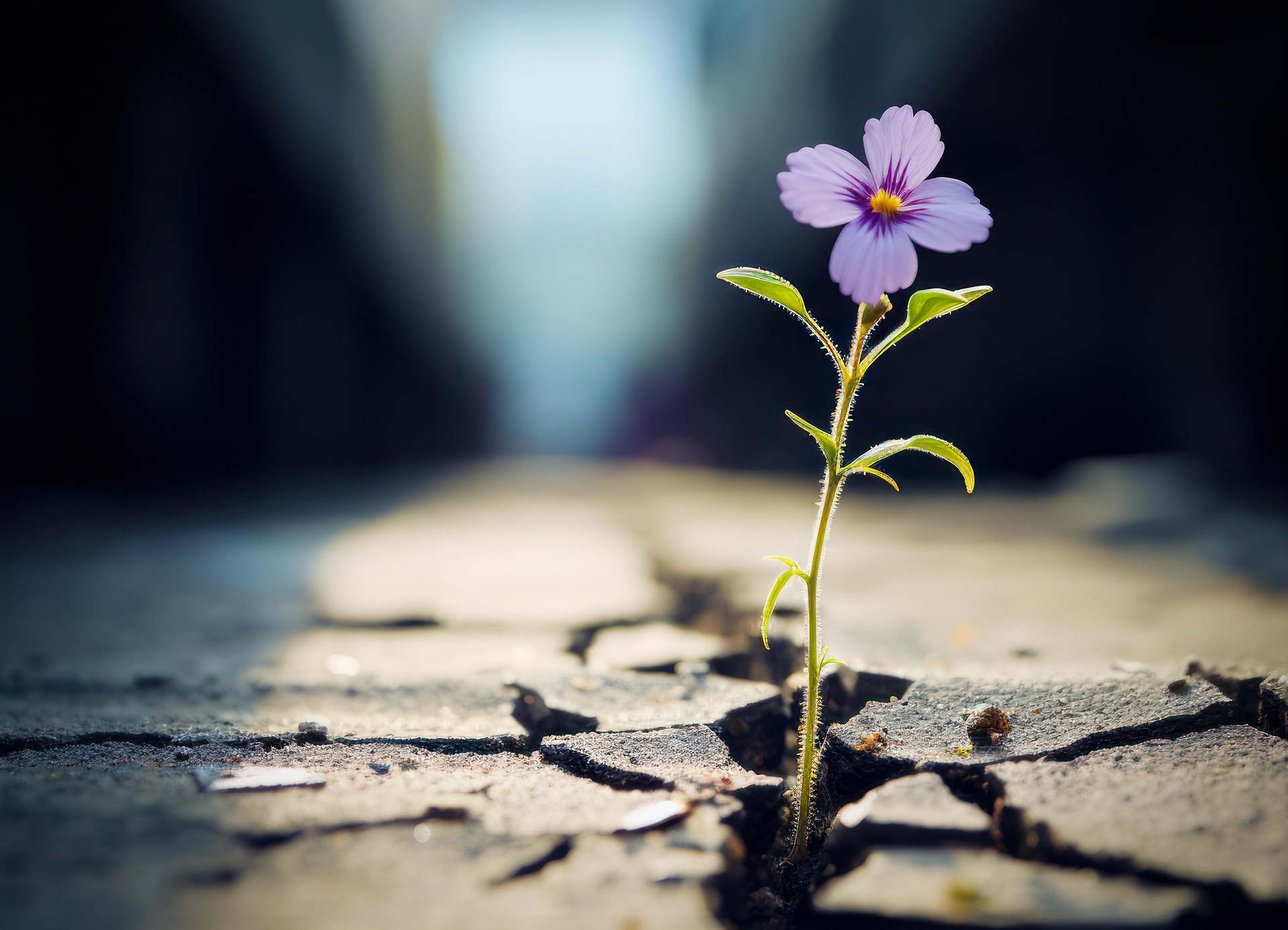Most all can agree that life is tough. We are in a continuum of uncertainty, and we can’t be sure how it is all going to pan out. We make plans for our life, but when change occurs our plan suddenly shifts. We can fight it, and even protest it, but the only constant in life is change. I can hear myself saying, “What now? Really this again? Of course, this.” It really doesn’t matter the scenario. Sometimes you feel as if you just can’t catch a break. This happens to us all, and we can get downtrodden by it unless we learn to be resilient.
In its simplest form, resilience means using inner strength to work through and grow from challenges and crises. This is what allows a person to “bounce back” after anything from a minor rejection to a major life setback. We all have heard little sayings that tells us this kind of thing happens in life. Such as “when life gives you lemons, make lemonade.” But it can be challenging at times to really come into personal agreement with it, depending how sour the lemons are.
Becoming resilient is the willingness to move through a situation in a teachable attitude, no matter the outcome, and reflect on your wisdom from the experience. This doesn’t mean devaluing your feelings about a situation, but recognizing your feelings, separating them, and embracing the change in an empowering, self-accepting way. One of the essential keys to operating in resilience is understanding and carefully monitoring your “self-talk.” Self-talk is the inner voice that provides an internal monolog in a person’s daily thinking. The following is an example:
Sam’s 18-year-old daughter just moved out of their family home.

As with the example with Sam, it is important to learn how to rightly divide fact-based thinking and to reject negative, feeling-based assumptions by practicing healthy self-talk. Most often when one is met with a setback, disappointment, or even a traumatic circumstance, our mind is suddenly bombarded with a sea of negative thoughts and beliefs. These can ultimately make our sad or disappointed feelings overwhelming and near impossible to escape. By bringing self-awareness to our self-talk, we learn not to deny but own what we are feeling while reflecting on what we can control in a positive and proactive, resilient way.
This practice not only builds healthy resilience, it decreases the longevity of the discomfort we are experiencing from a negative past, present, or anti-participatory future. Three key factors according to Lucy Hone, author of House of Wellness and Resilient Grief:
- Acknowledge that suffering happens to everyone
Think “why not me?” instead of “why me?” says Lucy.
Suffering is simply part of human existence. There’s solace to be found in the simple but powerful fact that you are not alone and that, sadly, none of us are entitled to a perfect life.
- Look for – and accept – the good
Resilient people habitually appraise situations realistically, which means they’re pretty good at knowing what they can change and accepting the things they can’t change.
They’re also good at tuning into and noticing what’s still good in their world.
Know that you can find positives somewhere in your life – even if you must delve deep.
- Ask yourself: Is what you’re doing working for you?
Is the way you’re thinking or the way you are acting helping or harming you in your quest to get through adversity?
Exercising resilience doesn’t just happen, it takes a proactive awareness and effort on the individuals’ part. American Psychology Association reported resilience is achieved by focusing on four core components—building support and connections, fostering wellness and purpose, healthy thinking, and meaning—can empower you to withstand and learn from difficult and traumatic experiences. Resilience is accepting the good, hunting for it and deliberately seeking it out to find it, and the wisdom to know the difference.
If you or someone you know may benefit in therapeutic support with building better resilience, I encourage you and invite you make an appointment with EAP counseling. We can assist.
Work Cited:
House of Wellness: 3 things grief taught me about resilience; Dr Lucy Hone: 3 resilience strategies to get through grief, challenges (houseofwellness.com.au)
American Psychology Association; Building your resilience; Building your resilience (apa.org)
Author: Christa Flamion, MSW, LCSW, founder of Pathfinders Counseling. www.Pathfinderscounseling.org







0 Comments